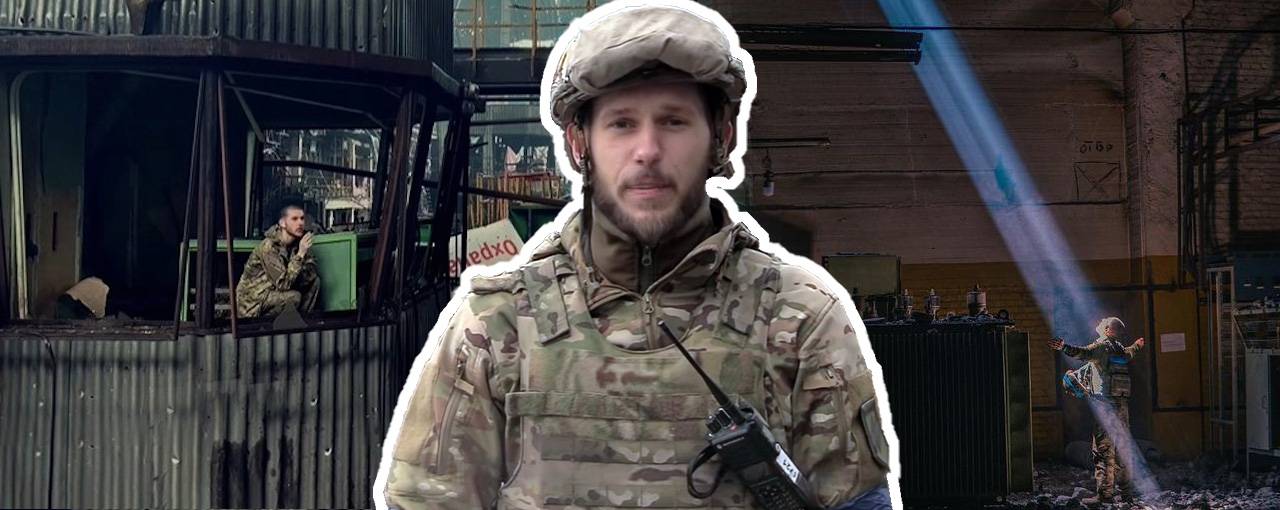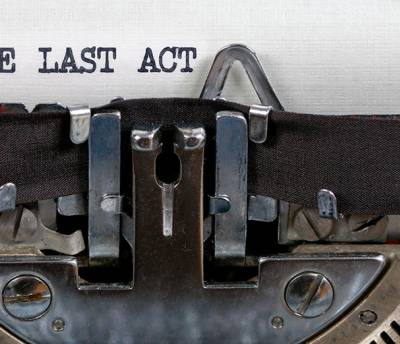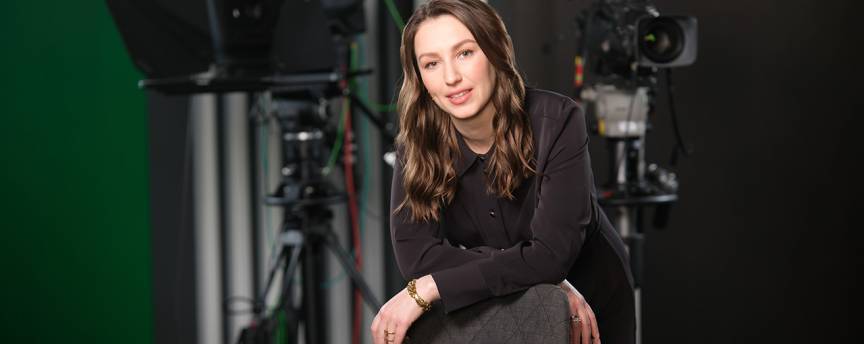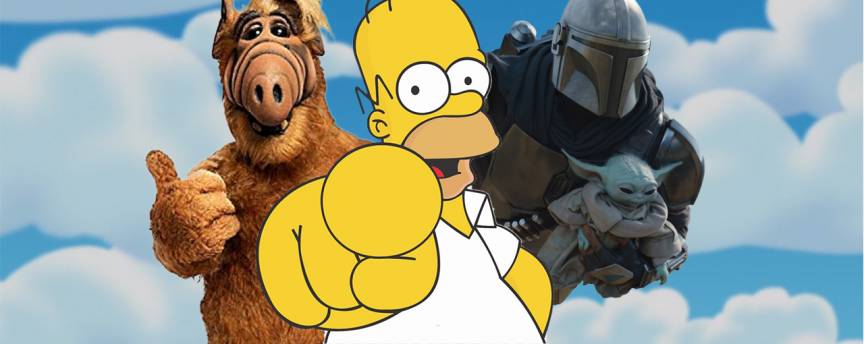From the beginning of the full-scale invasion of Russian troops on the territory of Ukraine, we were live witnesses to the tragedy unfolding in Mariupol. Destroyed houses, tens of thousands of dead. A special place in this history was taken by the fighters, who courageously fought for every piece of the city, and eventually found themselves surrounded by Russian troops at the Azovstal enterprise. Already practically isolated from the outside world, the military destroyed the occupiers, helped the civilians, who were hiding in the factory from shelling, and, despite losses and inhumane conditions, held the defense to the last. After the evacuation, there is no contact with the heroes captured by the Russian invaders. But you can get to know them better today thanks to Yuliia Hontaruk's Fortress Mariupol project.
The documentary filmmaker belongs to the creative association Babylon'13. Since February 24, she constantly kept in touch with the soldiers of the Azov Regiment that defended Mariupol together with other military personnel. Based on her online conversations with the defenders, Yuliia created a documentary series called Fortress Mariupol. It aims to reveal the portraits of those who courageously resisted the Russian horde all these days. Several episodes are already available for viewing: Intro, an episode about a fighter with the call sign Bars, about the press officer of "Azov" Dmytro Kozatskyi (Orest), and a special episode about the last day at Azovstal. All of them are available on the #BABYLON'13 YouTube channel.
Yuliia Hontaruk is personally acquainted with many soldiers of the Azov Regiment. In 2015, she came to Mariupol for the first time to film the consequences of the shelling of peaceful neighborhoods in the city. Then the director shot the documentary Ten Seconds. That's when she got to know the soldiers helping to evacuate the civilian population. These were the soldiers of Azov Regiment.
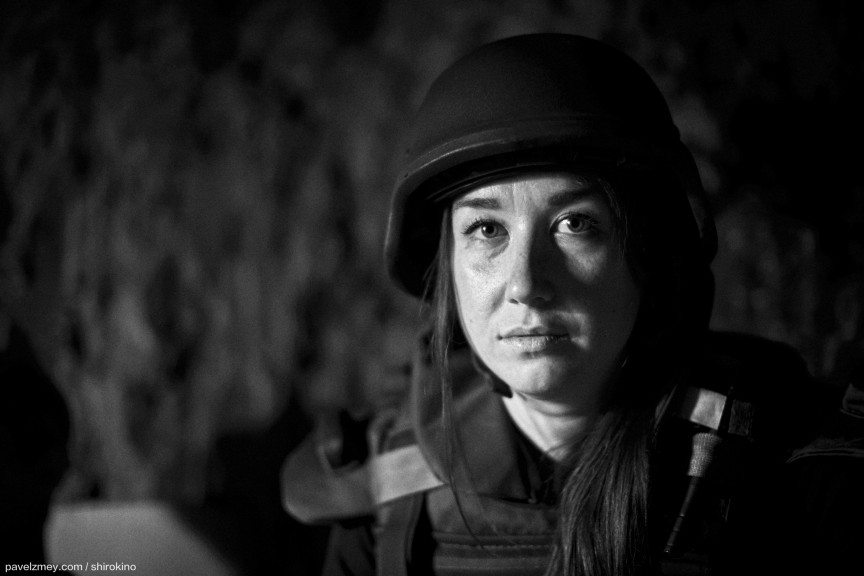
"I started shooting them and realized that this will be a completely different movie. So I started following the three heroes and created a full-length film, which is now called Company of Steel. I have been making it for seven years, and now I am finalizing it. The other guys from this company, whom I also filmed a lot and followed for three years, ended up surrounded in Mariupol at the beginning of the full-scale aggression. It was a personal pain for me because I knew many of them, I was friends with them, – says the director. – I wanted to come to Mariupol and film them there. But columns were already being shot in the city. So I came up with this format of video calls to the ring. Plus, I had a lot of material shot with them from 2015, 2016, and 2017. It can be put together, and there will be a portrait of those who defend Mariupol."
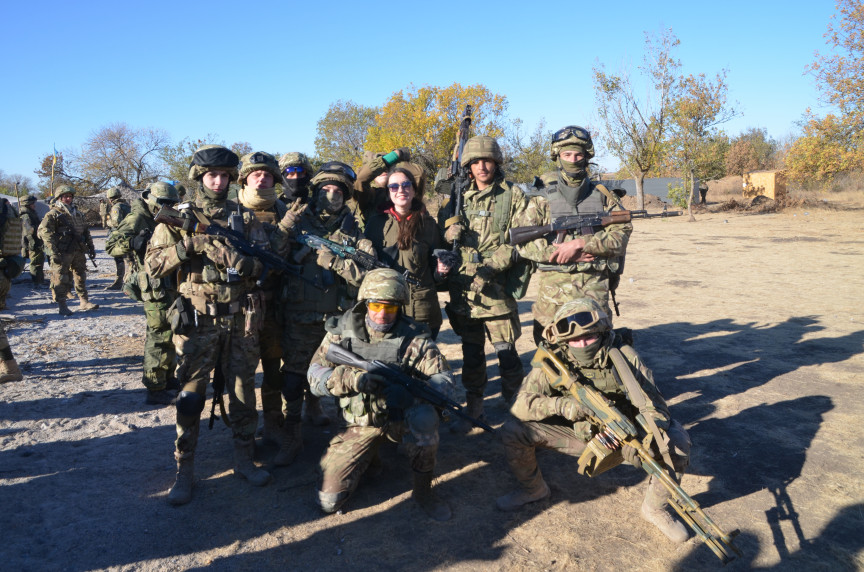
From the filming of previous projects with "Azov" fighters
Hontaruk recalls that she managed to make only one call when the military was not at Azovstal. Another hero, with whom she agreed to talk, died three days before the call. Other conversations were already recorded at the metallurgical enterprise.
"The uniqueness of this material is that there are memoirs written by military personnel after leaving the encirclement. And I had the opportunity to call there and record, to feel the person in the siege. It feels like a call to hell," shares Yuliia.
Mariupol Fortress is a documentary series with episodes of different forms. Each episode consists of segments of the soldiers' conversations with the director, as well as archival videos of the military or footage they shot at Azovstal. For example, it was not possible to organize a video interview with Bars, so the director sent him some questions and asked him to record the answers when he had free time and send the video. And the first shots, which start the episode, were shot back in 2016 in Urzuf.

The author mentions that the project team (sound engineer Andrey Rogachev, editing directors Roman Lyubiy and Ivan Bannikov) tried to make the first episodes very fast to publish them as soon as possible. It took about a week to edit one episode: when to work both day and night, without being interrupted by air raids. The director admits that they worked under sirens, and slept in the editing room – they actually lived in the office while editing.
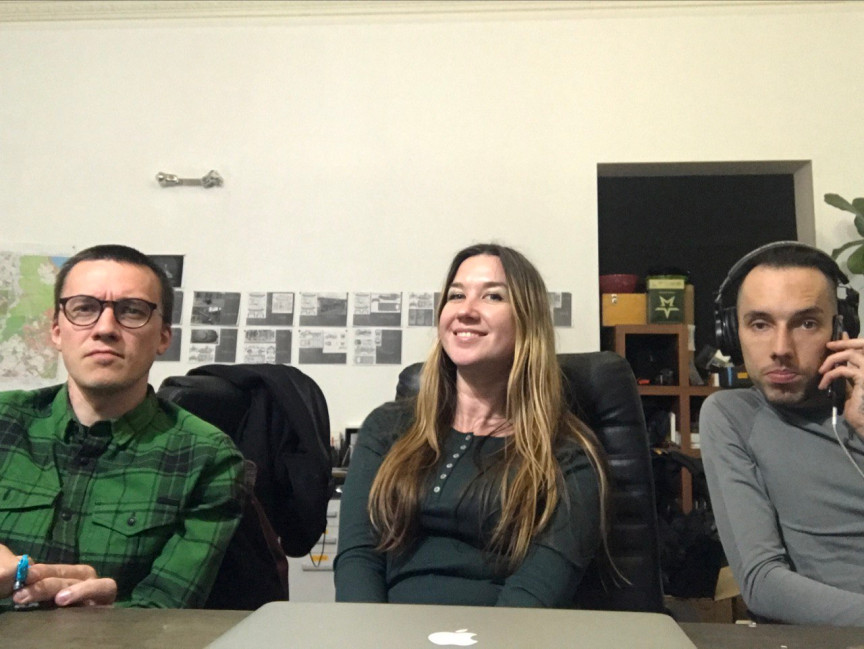
Left to right: Ivan Bannikov, Yuliia Hontaruk, Roman Lyubiy
But it turned out that the haste was unnecessary because the soldiers themselves did not yet know whether it was possible to reveal their faces. In total, Hontaruk recorded six military personnel, and three more episodes are definitely planned, but it is not known when they will be released. "Before the capture, some heroes asked to hide the video. When they get back, I'll definitely be able to share everything I filmed. And while the boys are in captivity, we can't publish the series," says Yuliia.

Hontaruk had not previously filmed the press officer of "Azov" with the call sign Orest, so he himself sent her the necessary footage
The director also notes that it was difficult to start conversations with the military. "Even when I corresponded with them: what should I ask, what should I answer? 'Hang in there'? It's nothing when a person can die at any moment." It was just as difficult after recording the dialogues: "You can't say 'I understand you' because you don't understand. It was so emotionally draining that I just went out to smoke on the balcony... There were different emotions from different conversations. From a fighter with the call sign Taurus, I felt a colossal readiness to die for this country. The conversation with Nava (not yet published) was such that she started crying on camera." However, some of the soldiers told Yuliia that talking to her was like going to a session with a psychotherapist. Some of these conversations lasted two, three, or more hours. But the final montage is 17 minutes together with archival videos.
"I am a film director by education. And I've been in the profession for a long time, that is, I've worked a lot with characters and synchronicities. As a director, I am standing between the viewer and the character. And I feel what would be interesting for the viewer to see and important for the character to show. These were beacons that guided me," Hontaruk says about the editing process. When starting work on the project, she did not know that they would be taken captive. So now editing is complicated by responsibility: the lives of the heroes may depend on what will be included in the final version. "There is a fine line here. You are doing an important thing so that people remain in history so that people know about them. But on the other hand, you have to do it so as not to harm them. Nobody needs your movie when something can happen to the hero because of it. It's complicated," Yuliia admits.

A longer documentary may then be edited from the recorded conversations. But the director does not make predictions until she has a final idea. "It was such an impulse: I immediately understood that I would reveal the people who defend the city. And I'm really blaming myself for not having time to record all of them," Yuliia admits. In total, there were almost twenty people at Azovstal whom the director knew personally. But first, the fighters had problems with the Internet. And secondly, the defenders had a catastrophic lack of time. "There were 25-30 or more air strikes per day. Someone said, 'What calls? I would like to sleep here for at least a few hours.' That's why we didn't manage to record much," Hontaruk explains.
The first three episodes of the project have more than 500,000 views on YouTube alone, and Yuliia's work is in demand not only in Ukraine – according to her, many people reach her from abroad. The director gives permission for distribution on a non-commercial basis (those who want to purchase the rights are refused). The only condition is not to cut or process anything. Negotiations are underway with the American TV channel Sky, there was a conversation with the BBC, while Ukrainian broadcasters have not yet contacted the team. However, all episodes of Fortress Mariupol will definitely be available on YouTube. And in addition, Hontaruk plans to send the first episode (Intro) to Paris for an exhibition where fundraising for Ukraine is planned.
In parallel with Fortress Mariupol, the director is working on the Company of Steel project, a documentary film about men returning from the war. How do they feel in a peaceful life? "Now all three of my heroes went to war again, and I took the camera and started filming them again," says Yuliia. Another big project in production is Generation of War. It tells about volunteers who grew up during the war, and some of them later ended up at Azovstal. Perhaps later it will be merged with Fortress Mariupol, so the work is ongoing.

